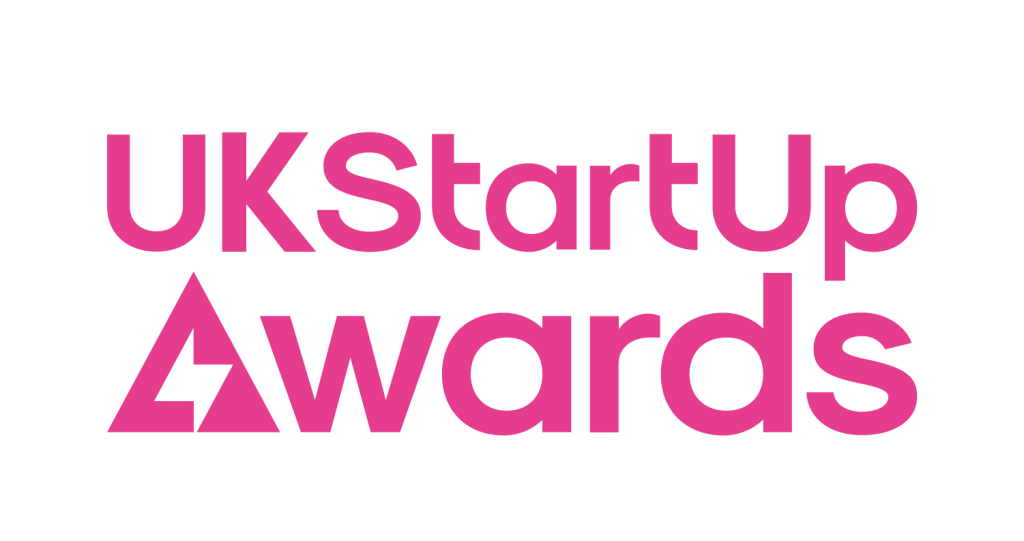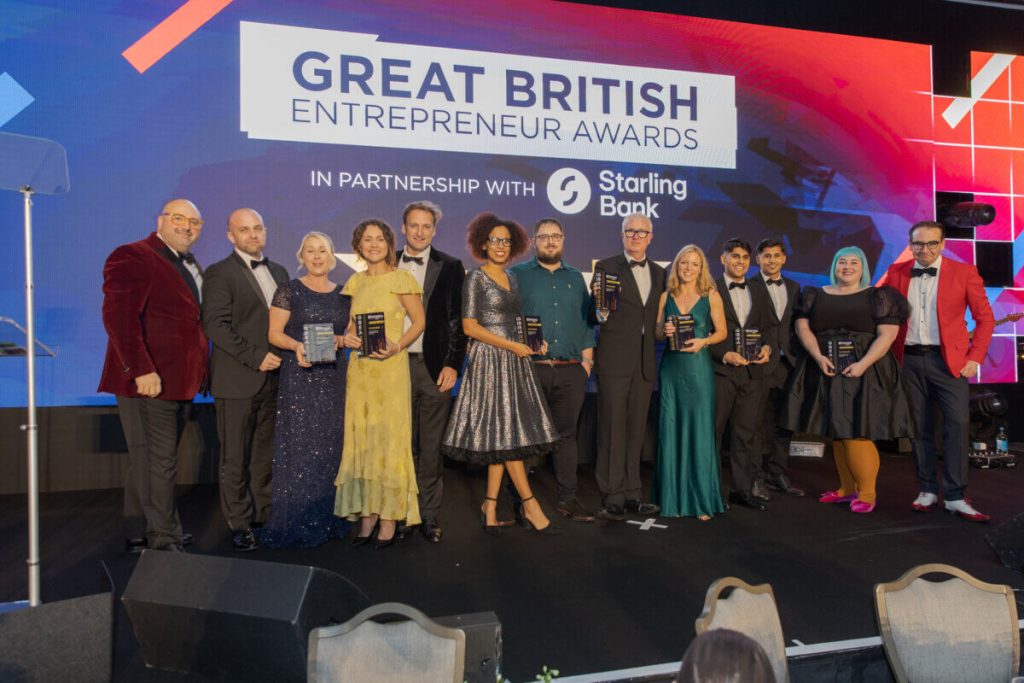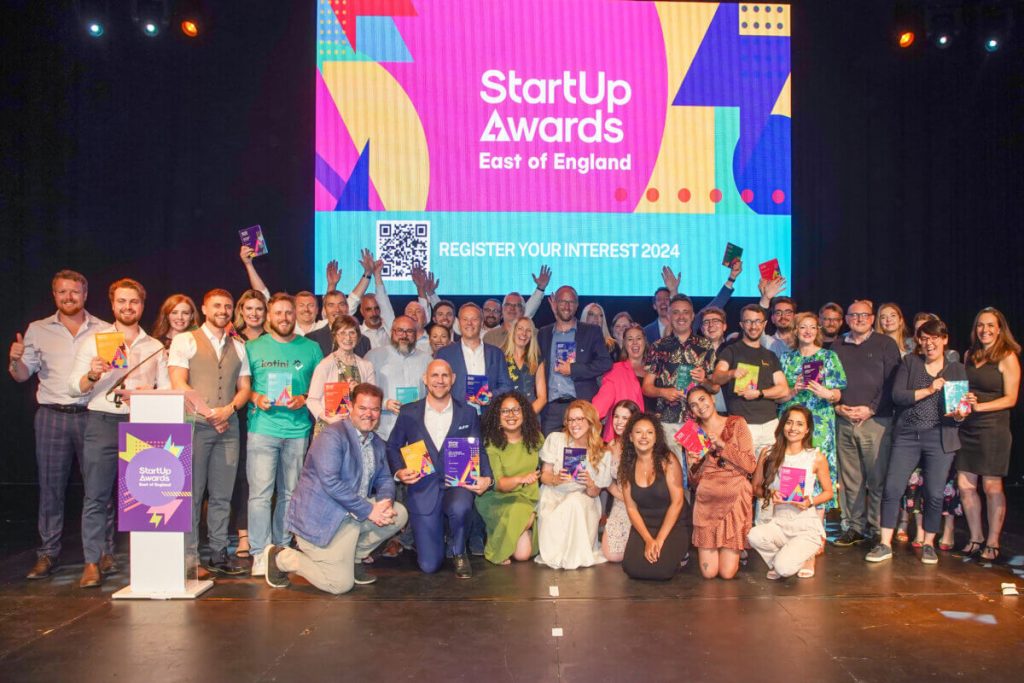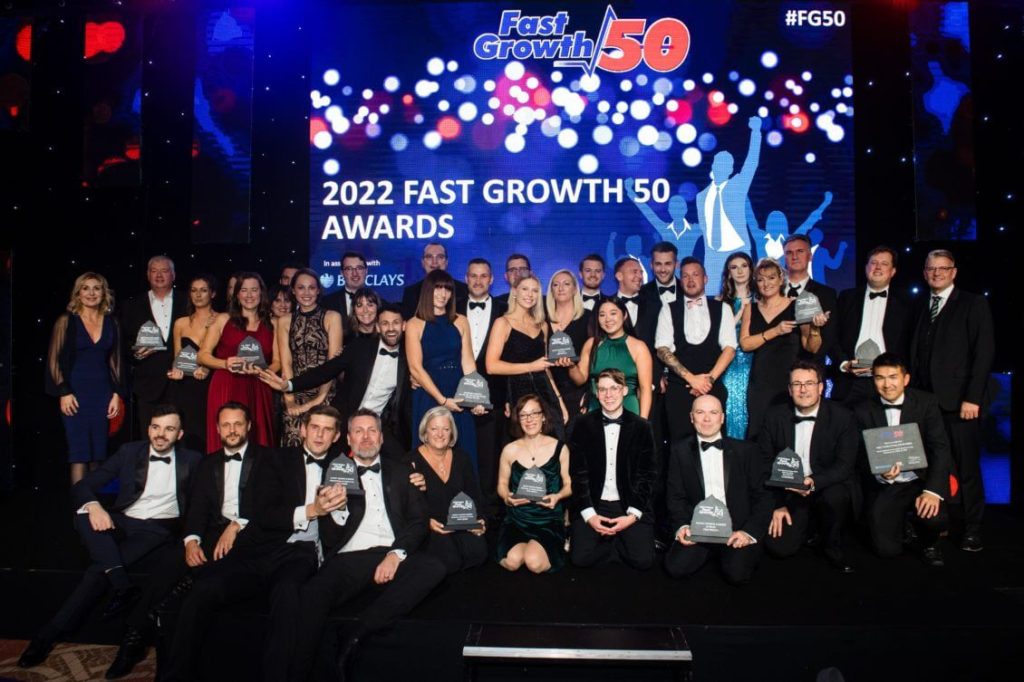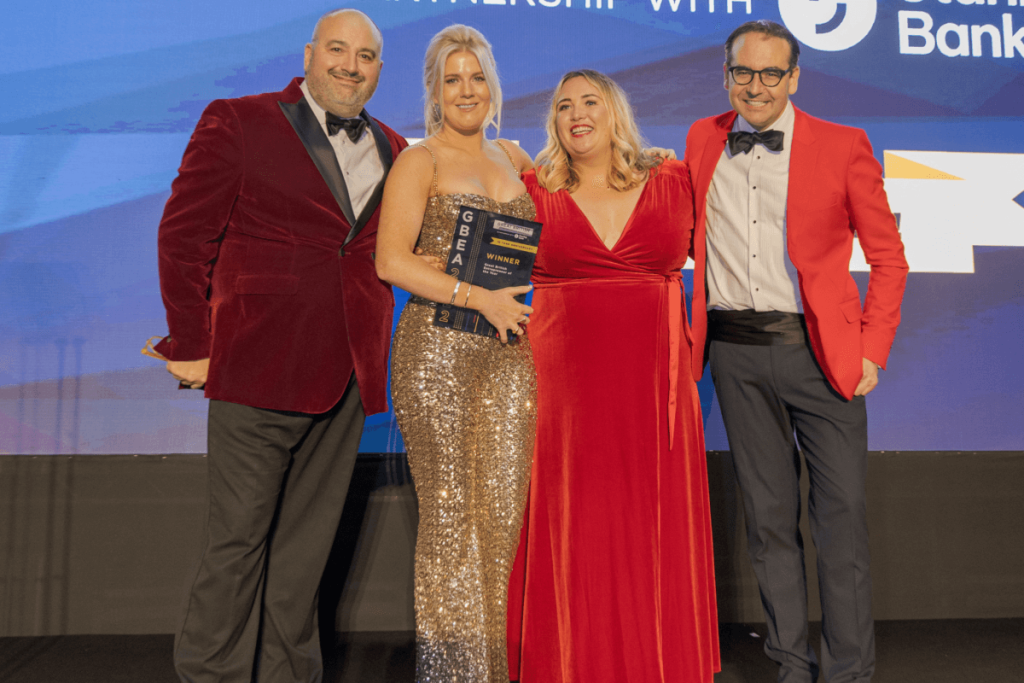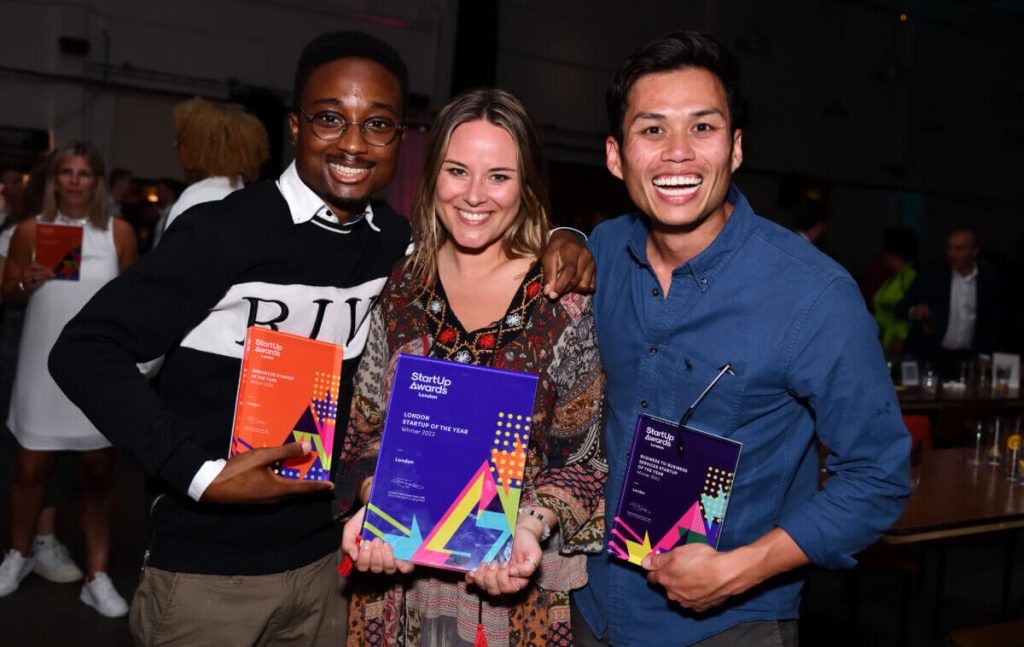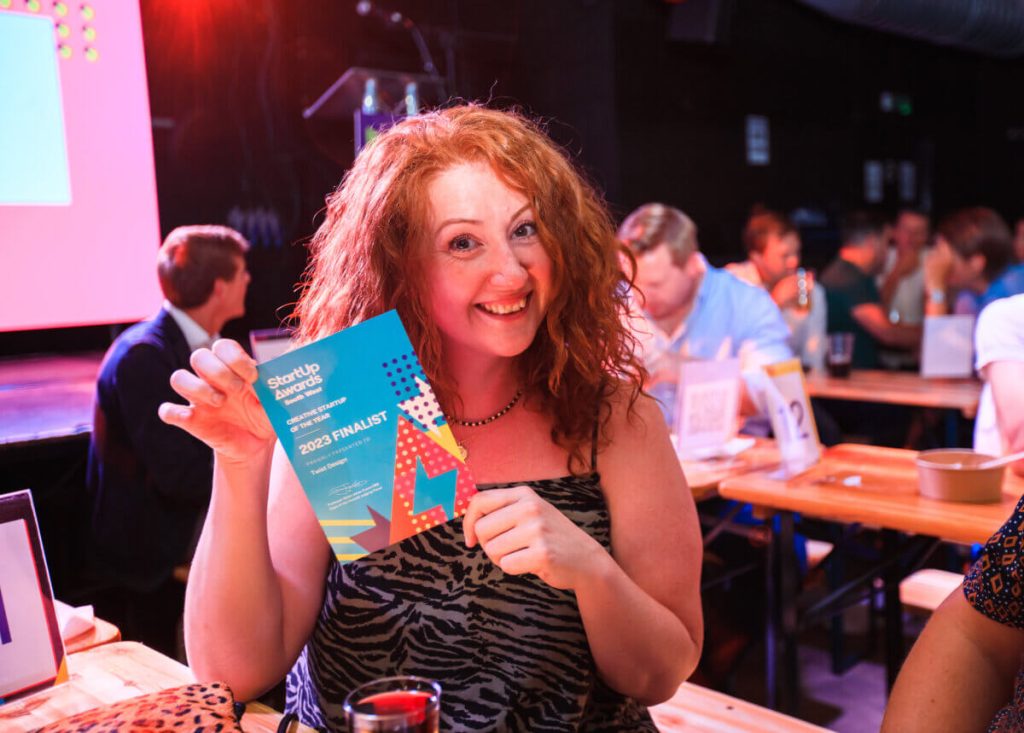Entrepreneurs embarking on the journey of starting a business are often shaped by a blend of close-knit influences and successful founders. Parental role models lay the foundational work ethic and entrepreneurial mindset within the familial setting, providing early exposure to the nuances of running a business. Simultaneously, the stories of the successes of famous founders also act as beacons of inspiration, offering a vision of what is possible. Together, the mentorship from parents and the examples of famous entrepreneurs creates powerful motivations to spur individuals to venture into the world of business with confidence and ambition.
Parental support
Having an entrepreneur for a parent can increase the likelihood that people will start their own businesses. For example, one of the most detailed studies of this phenomenon showed that the children of entrepreneurs are 60% more likely to start their own businesses than others. One of the main reasons for this is the parental role modelling that takes place during their early years, which exposes young potential entrepreneurs to a business career. They often work on a part-time basis within their parents’ business, receiving hands-on experiential learning about what it takes to be a founder.
Having a parental role model also emphasises the significant role of influential entrepreneurial figures in stimulating the decision to start a business. Successful entrepreneurs are likely to be in a financial position not only to provide funding for their children’s business endeavours but also to offer the vital advice and knowledge that comes from developing a business.
The Ambitious UK Start-Ups Report, sponsored by Starling Bank, draws from data gathered from 1,219 applicants for the 2023 UK StartUp Awards, which recognizes the best new firms across the UK. It shows that 39% of founders had parents who were entrepreneurs, signalling a profound generational impact and the importance of role-model effects in promoting entrepreneurial behaviour. It also suggests that growing up in an environment imbued with entrepreneurial values can shape human aspirations, decision-making patterns, and risk-taking behaviour.
In terms of age, the study found no generational differences in entrepreneurial activity between those aged 16-34 and those aged 35+, despite entrepreneurship becoming more prevalent in recent years. Among lead founders, 42% of female entrepreneurs had entrepreneurial parents, compared to 36% of male entrepreneurs. Additionally, those founders based in the more prosperous areas of the UK were more likely to have entrepreneurial parents than those with businesses elsewhere.
Superstar founders
While parents are important influencers for those choosing an entrepreneurial career, the examples of others can also encourage interest in starting a new business, especially if those role models have been successful as entrepreneurs and have set examples for others to follow. When the UK StartUp Awards founders were asked which entrepreneurs they admired the most, it is not surprising to see established entrepreneurial icons such as Richard Branson, Elon Musk, Steve Jobs, and Bill Gates on this list. Entrepreneurial role models are crucial because they inspire and motivate aspiring entrepreneurs. They provide valuable lessons from their experiences, build confidence, and offer networking opportunities and support. Role models can also validate ideas, promote diversity and inclusion, and have a long-term impact by inspiring future generations of entrepreneurs.
Steven Bartlett, one of the co-founders of Social Chain, which he left in 2020, is ranked number one on our list of role model entrepreneurs, having only come to prominence in the last few years. He has since built a strong personal brand based on his entrepreneurial success, appearing on Dragons’ Den as one of the investors and hosting “The Diary of a CEO,” the most downloaded podcast in the UK on all audio platforms. Steven has also become an accomplished investor in the health and wellness space, with notable investments including Huel, a fast-growing UK e-commerce company, and Zoe, a personalized nutrition program.
Programmes aimed at supporting, developing, and encouraging greater levels of entrepreneurship often highlight iconic ‘rock star’ entrepreneurs to inspire and motivate others to start new businesses. However, other role models include ‘local heroes’ within the entrepreneur’s own environment, and such individuals can be particularly important in stimulating entrepreneurial behaviour in regions with low start-up rates, especially if they have links to the local area.
Research has shown that role models can significantly impact entrepreneurs’ career choices, with a substantial proportion of entrepreneurs stating that they wouldn’t have started or continued their venture without a role model. There is also evidence that entrepreneurs and their role models tend to resemble each other in terms of gender, sector, and nationality. This resemblance is especially important for women in finding the right role models to support their entrepreneurial ventures.
Despite the presence of entrepreneur ‘rock stars’ as role models, the survey discloses another fascinating finding namely that more respondents hold family members who were entrepreneurs in higher esteem than established founders such as Richard Branson and Elon Musk when identifying their entrepreneurial heroes. This reinforces the importance of family influences and reveals the profound impact of a nurturing environment in complementing inherent traits to mould entrepreneurial successes. It is also worth noting that ‘other entrepreneurs’ are rated fourth by this group of start-ups, suggesting an increasing view among founders that entrepreneurs, whoever they may be, support and encourage each other.
A lack of female role-models
Of the 351 entrepreneurs who were specifically named by start-up founders as role models, 38% are women. Despite this, it is disappointing that only two women are represented in the list of the ten most popular entrepreneurial role models, namely Karren Brady and Sara Blakely. The latter is a successful US-based entrepreneur responsible for the women’s lifestyle brand Spanx, and the former is a British business executive and television personality who has appeared on the BBC TV show “The Apprentice.” Nevertheless, her work in championing women in business has clearly made her a role model among female founders in our survey.
Despite their remarkable contributions to business, these and other female entrepreneurs could and should serve as shining examples for other women considering starting their own business. Given this, there is a need for more concerted actions to pave a more equitable path for women in entrepreneurship. Through increased mentorship, policy reforms, and the promotion of gender-specific entrepreneurship programs, there are real opportunities to learn from these entrepreneurial heroes, nurture aspiring women entrepreneurs, and create a vibrant and more diverse future in supporting new firms.
The Ambitious UK Start-Ups Report 2023
This study unveils the stories of start-up founders from across all parts of the UK and all sectors of the economy.
Explore data collected directly from the UK StartUp Awards to gain exclusive insight into these ambitious start-up founders, their businesses, the ecosystems in which they operate, and their needs for the future.
This report has been released in partnership with Starling Bank. Click the button below to explore the full report.

















